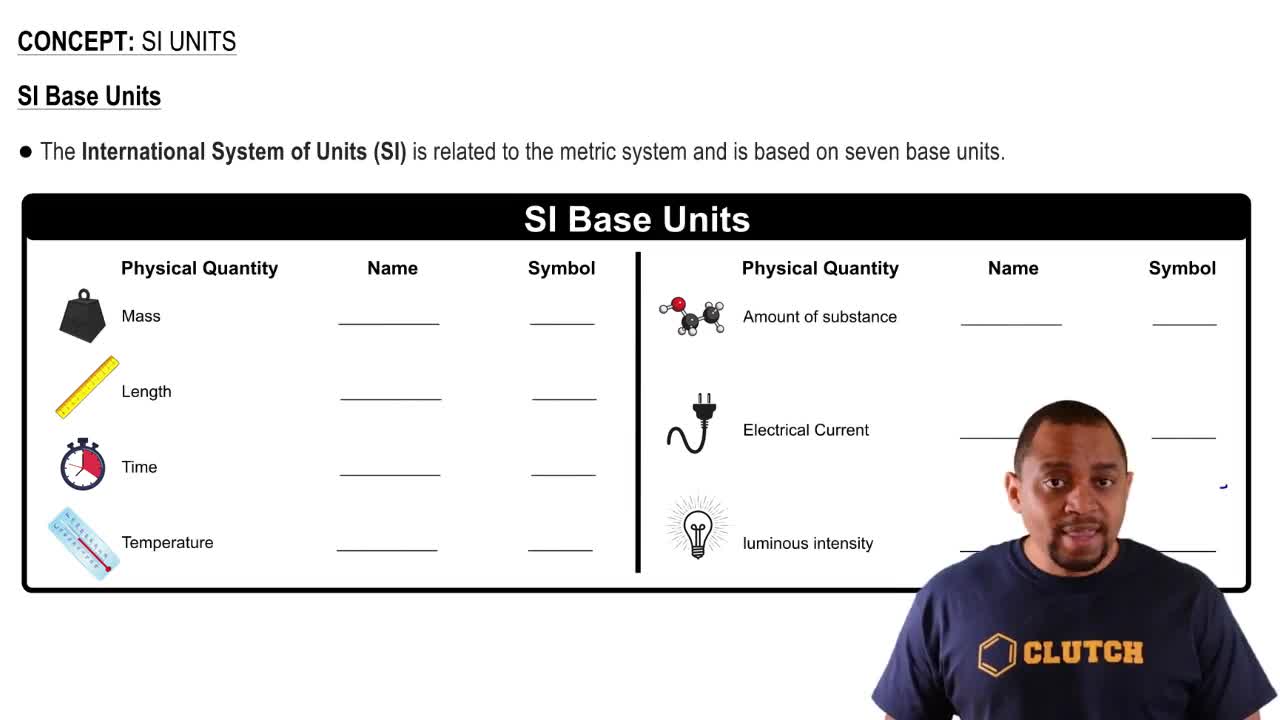Convert between energy units. c. 4.99 × 103 kJ to kWh

A particular frost-free refrigerator uses about 745 kWh of electrical energy per year. Express this amount of energy in each unit. c. Cal
 Verified step by step guidance
Verified step by step guidance
Verified video answer for a similar problem:
Key Concepts
Energy Units

Conversion Factors

Thermodynamics

Suppose that a person eats 2387 Calories per day. Convert this amount of energy into each unit. a. J b. kJ c. kWh
Which statement is true of the internal energy of a system and its surroundings during an energy exchange with a negative ΔEsys? a. The internal energy of the system increases and the internal energy of the surroundings decreases. b. The internal energy of both the system and the surroundings increases. c. The internal energy of both the system and the surroundings decreases. d. The internal energy of the system decreases and the internal energy of the surroundings increases.
Identify each energy exchange as primarily heat or work and determine whether the sign of ΔE is positive or negative for the system. a. Sweat evaporates from skin, cooling the skin. (The evaporating sweat is the system.)
